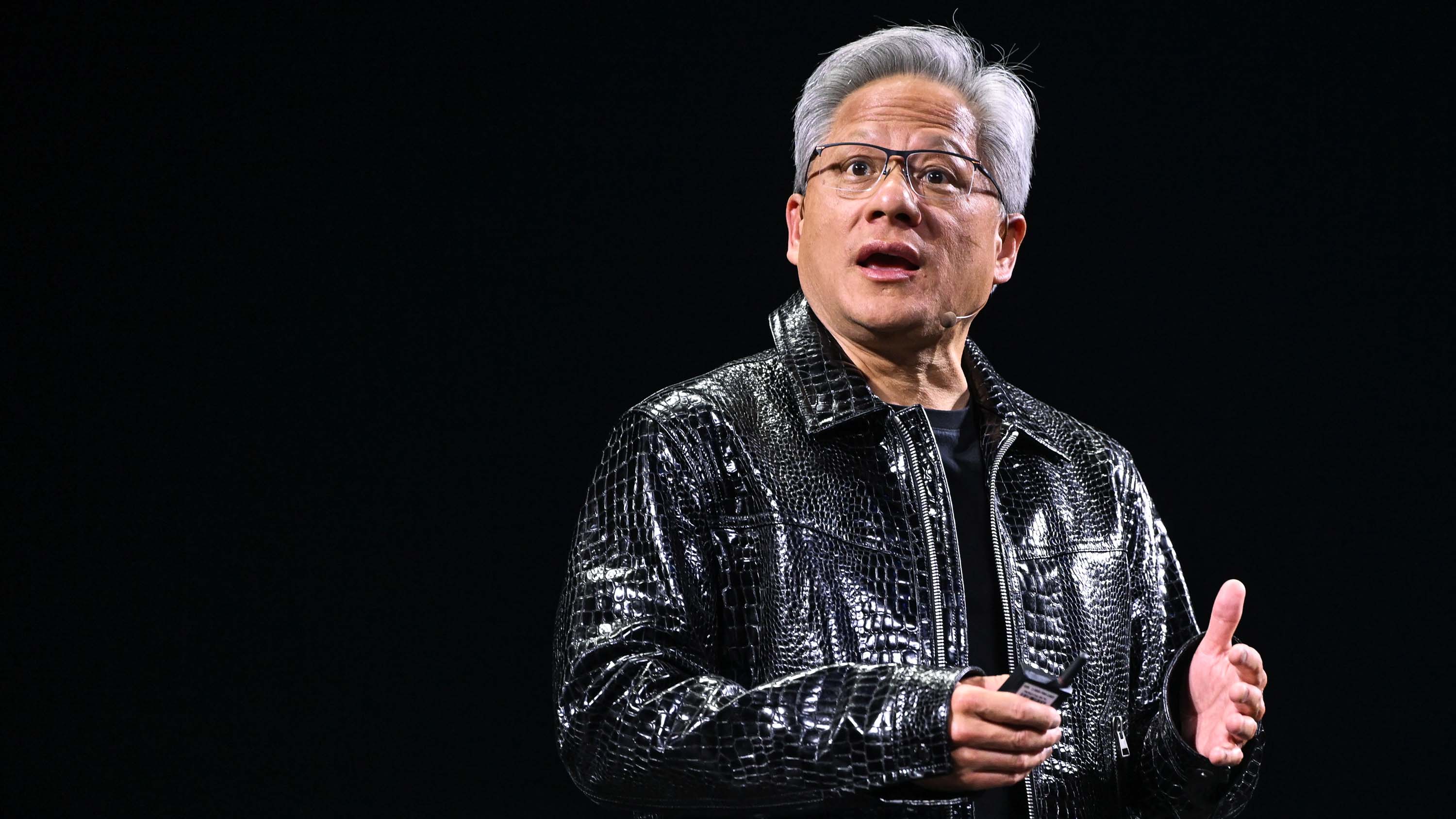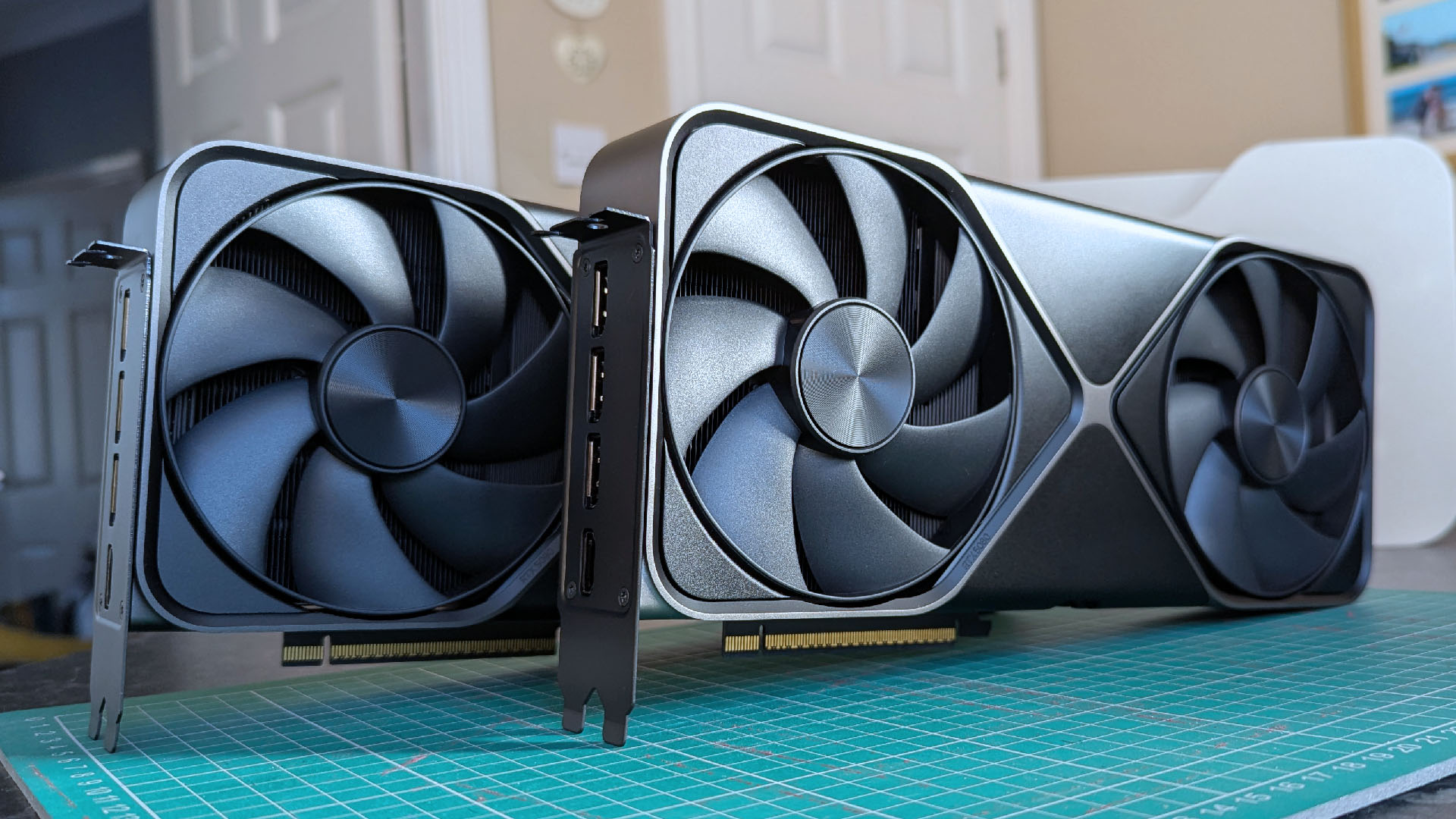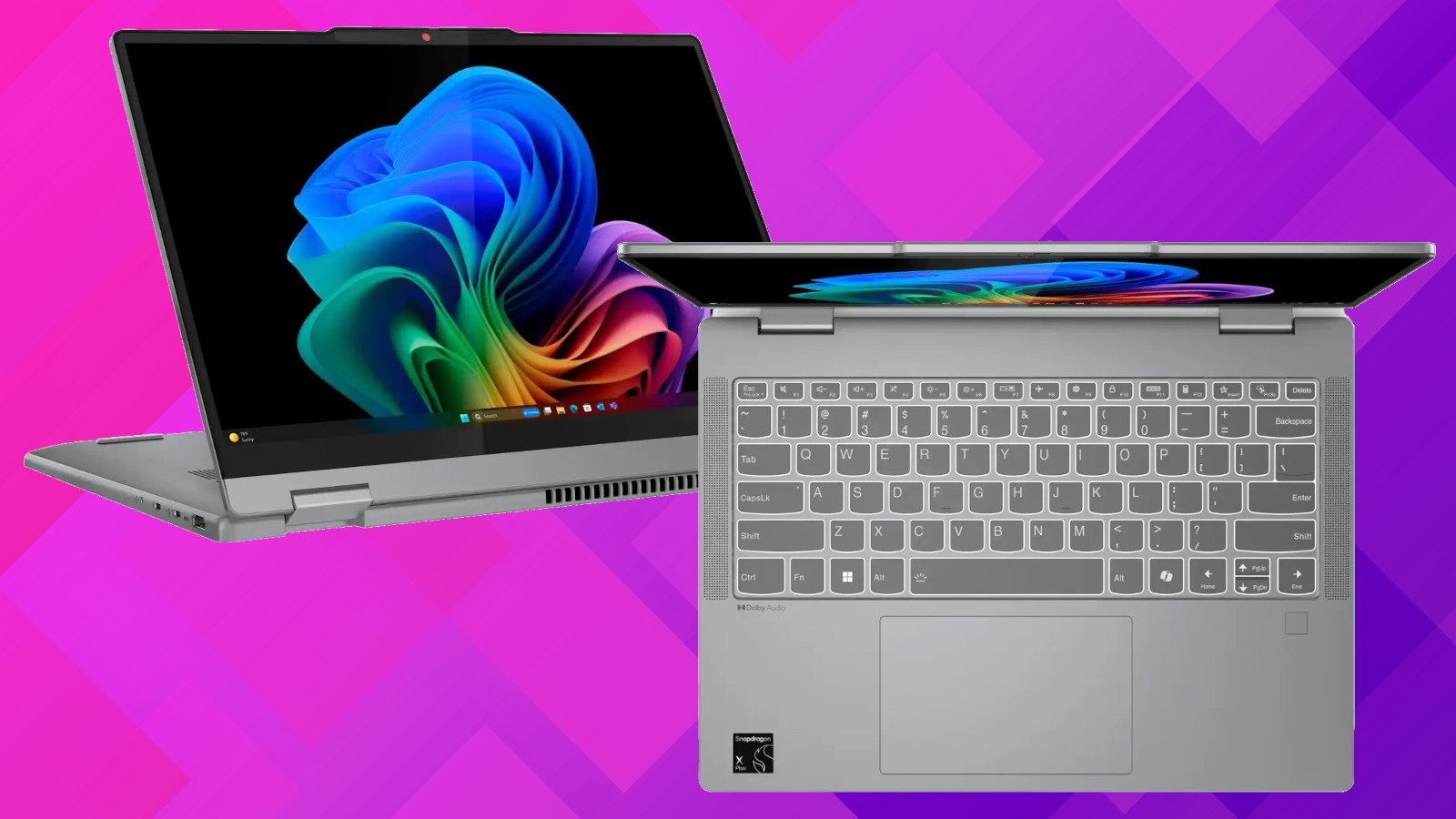When you purchase through links on our site, we may earn an affiliate commission.Heres how it works.
Qualcomm purchased chipmaker Nuviain 2021 for $1.4 billion.
“It justified the acquisition,” said Amon of the potential savings.
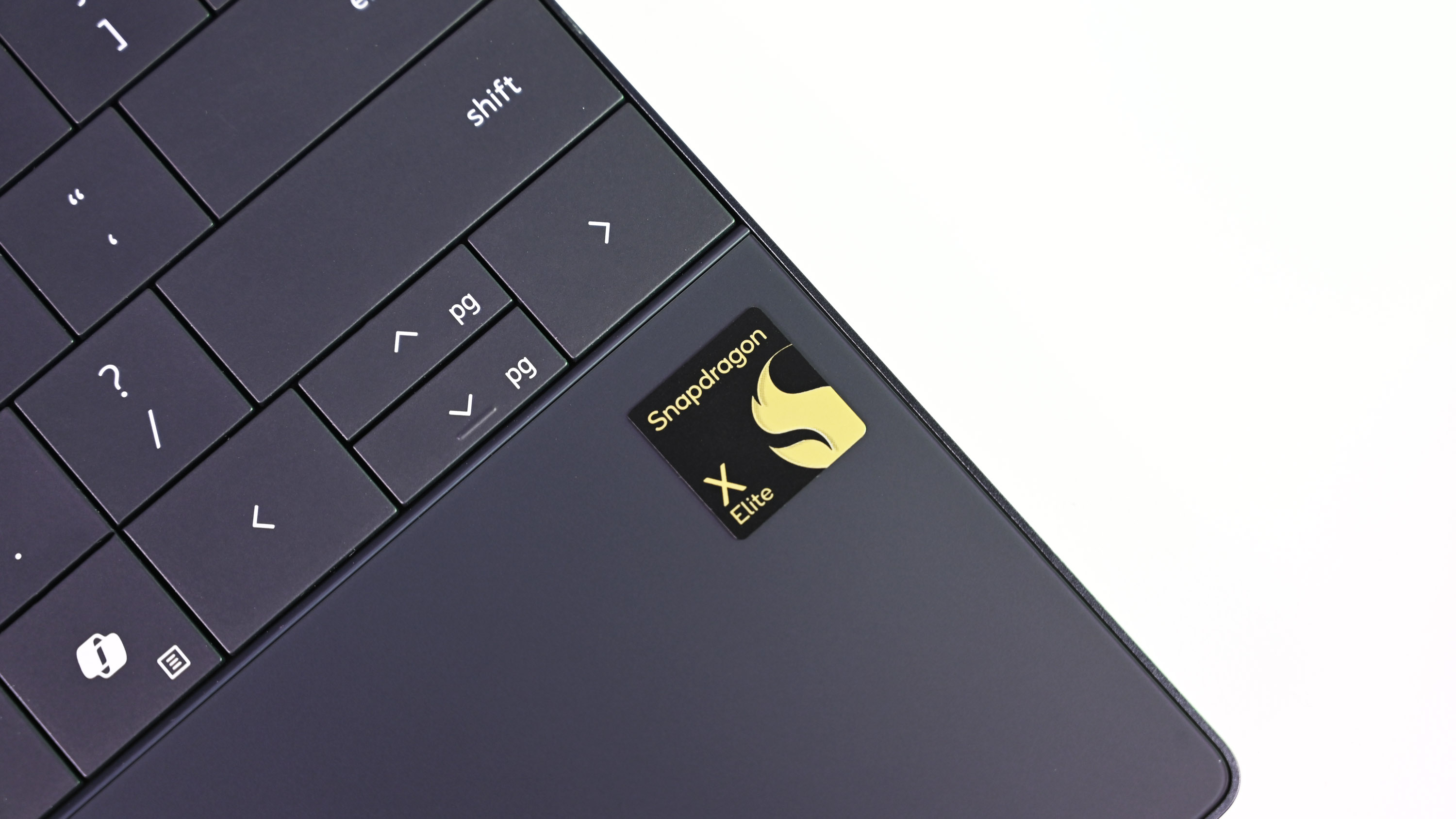
Qualcomm’s Snapdragon X Elite and Snapdragon X processor come from Nuvia technology. Qualcomm purchased Nuvia in 2021.
Amon’s testimony included a recollection of when Qualcomm first considered purchasing Nuvia.
Before the 2021 purchase, Qualcomm felt technology purchased from Arm was falling behind Apple.
Fittingly, the potential solution to the situation was Nuvia, which was founded by former Apple engineers.
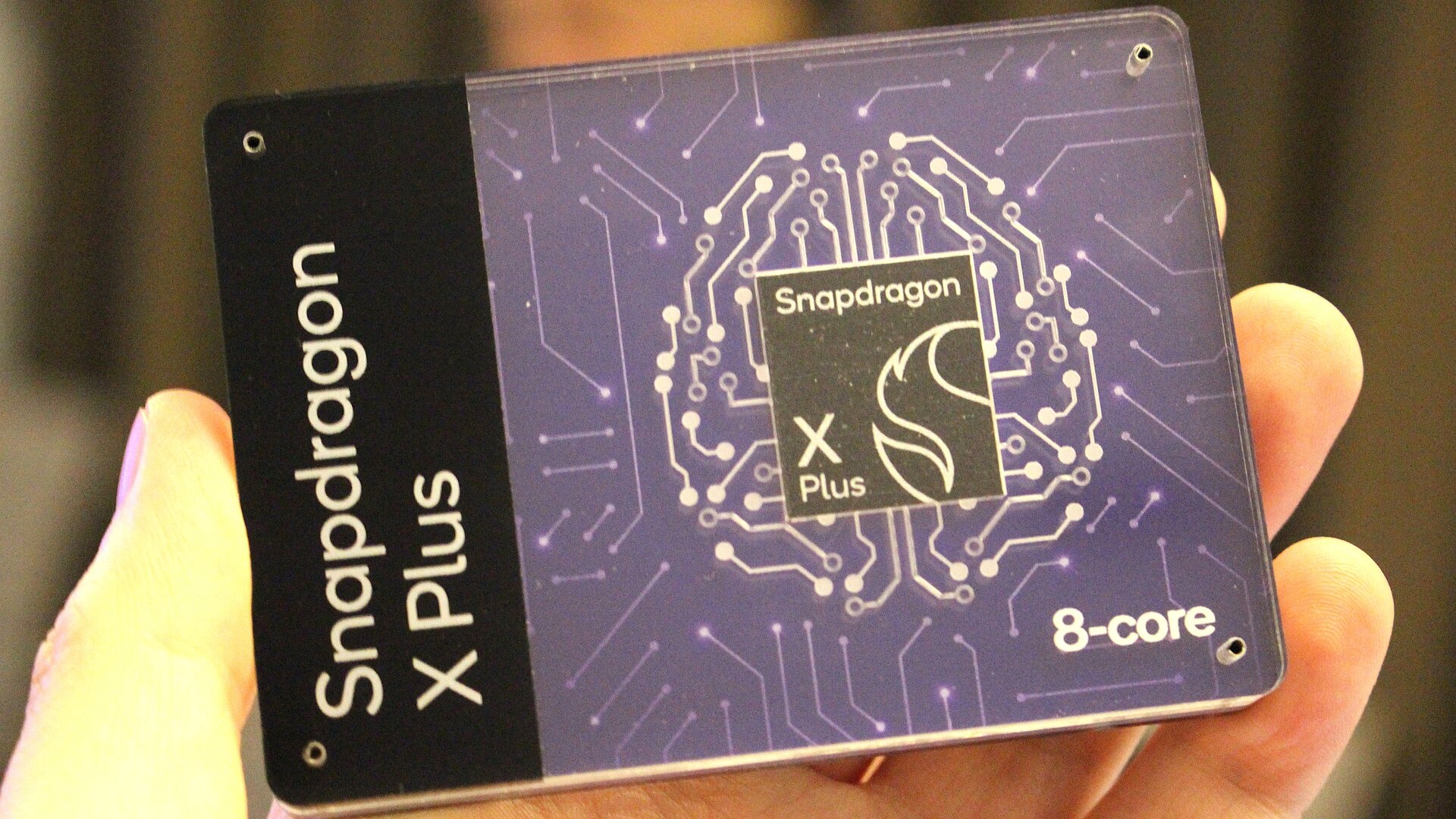
The Arm vs. Qualcomm court case could result in the destruction of all chips based on Nuvia designs, which include Snapdragon X Elite and Snapdragon X Plus processors.
Qualcomm first tried to convince Nuvia to develop computing cores for Qualcomm, but that did not happen.
That led Qualcomm to purchase Nuvia instead.
But at the time, Nuvia did not have a finished product.
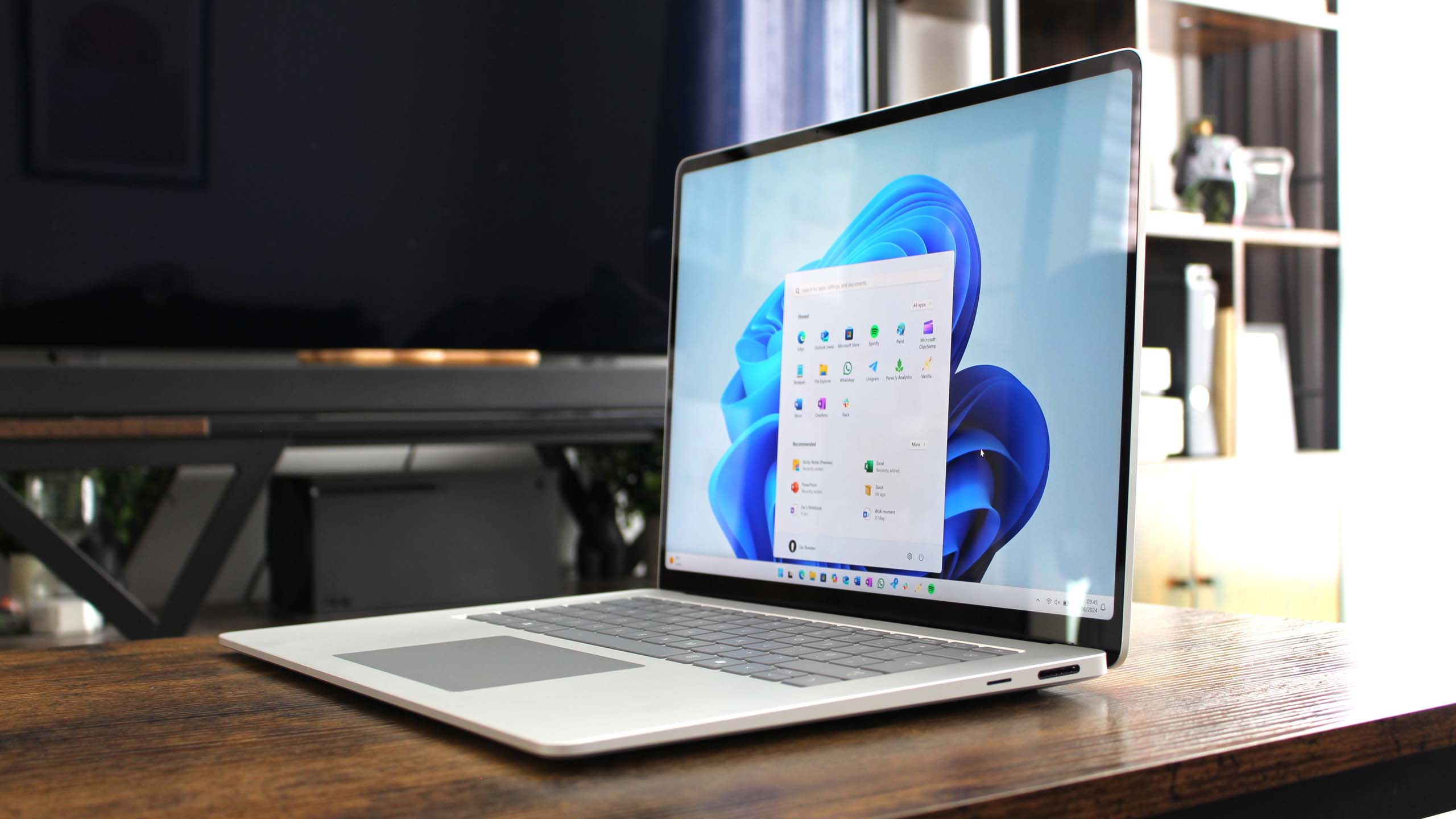
Despite positive reviews, Snapdragon-powered PCs reportedly only make up 1.5% of the PC market.
Amon told the Qualcomm board that purchasing Nuvia could save Qualcomm up to $1.4 billion per year.
But we’re still in the early days of Snapdragon-powered PCs.
The verdict of the Arm vs. Qualcomm case could come as early as today, December 20, 2024.
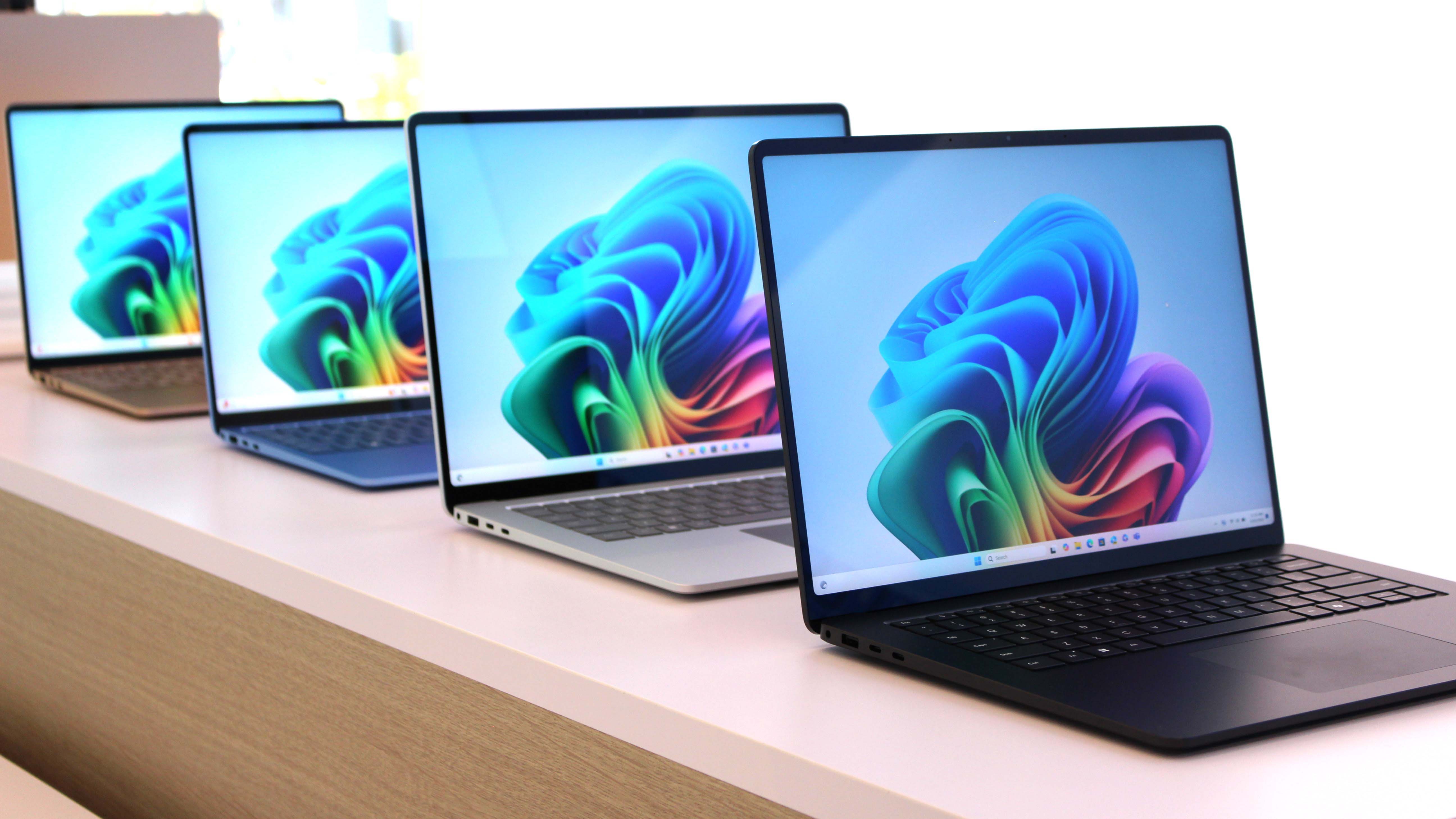
But it will likely be a while before this case is solved.
Even after a ruling is made, there is the chance the battle could be extended through appeals.
Will Qualcomm have to destroy its Snapdragon X chips?
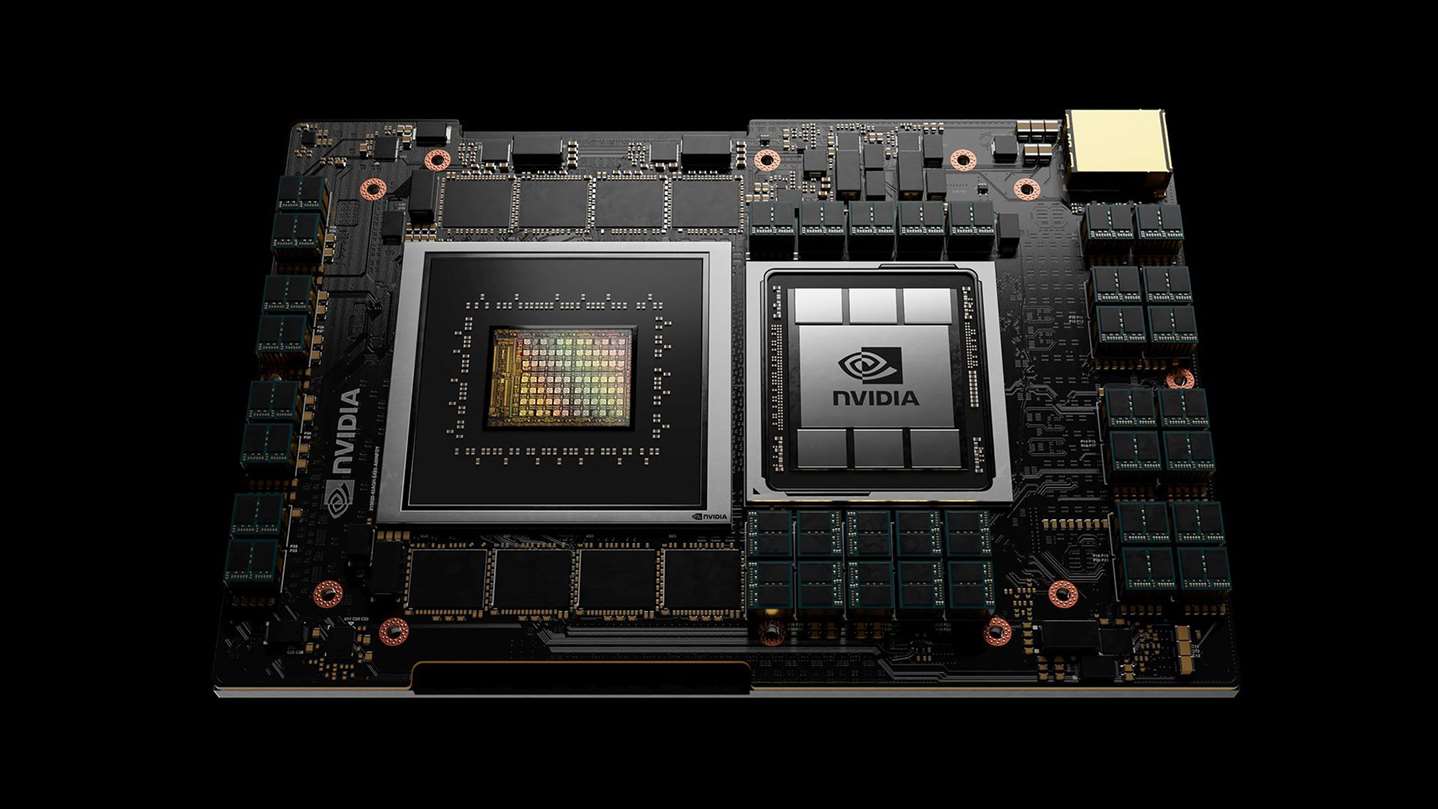
Arm believes the dispute covers all “derivatives” and “modifications” of chips made with Armv8 tech.
Arm claims that Qualcomm should have renegotiated its licensing deal with Arm after purchasing Nuvia.
That argument centers around the fact that Nuvia’s license was for server SOC (system-on-a-chip) designs.
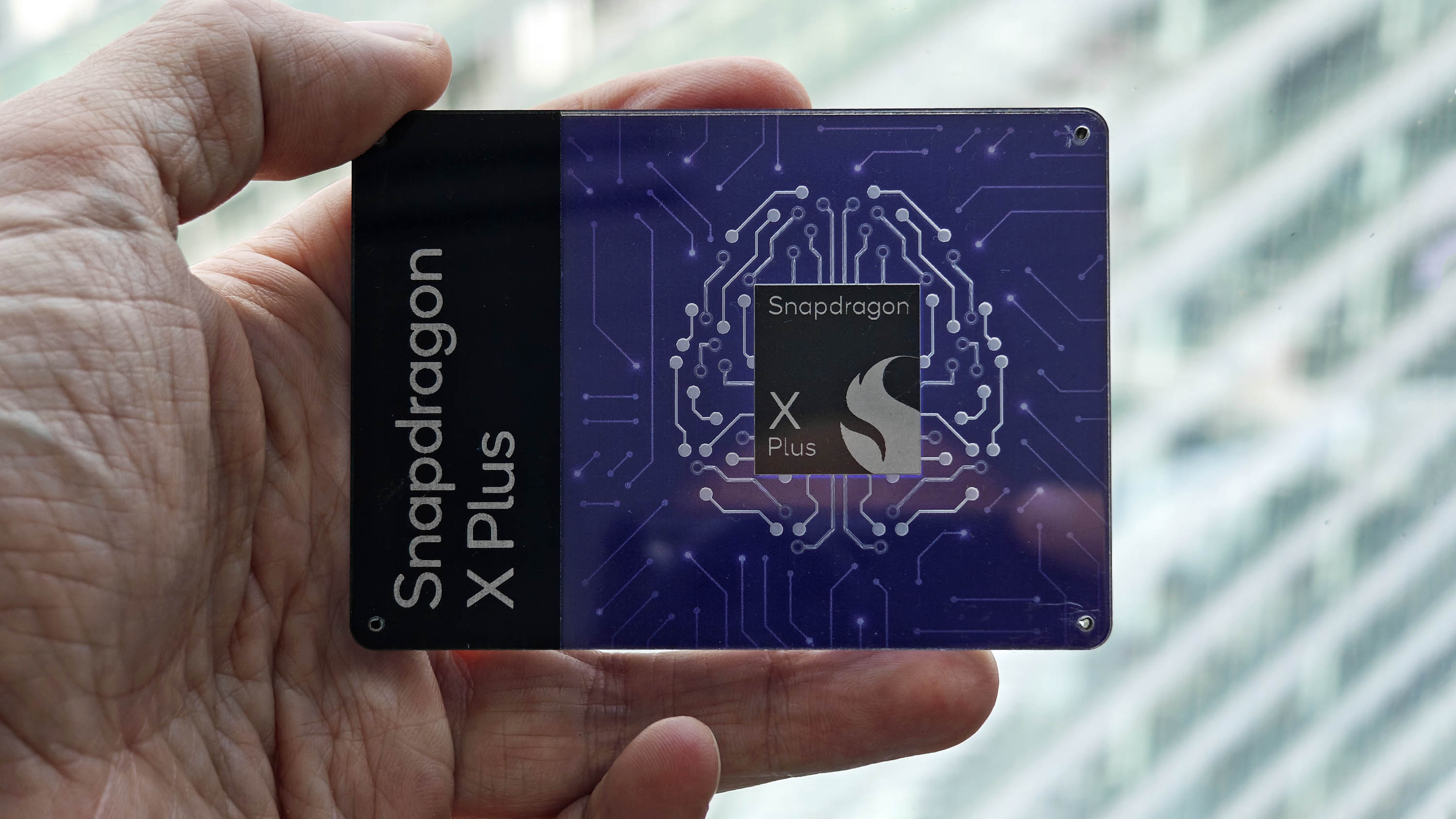
Qualcomm is accused of using Arm designs originally obtained under one license to create laptop chips.
I’m not a legal expert, but I don’t think Arm actually wants all Nuvia-based chips destroyed.
Qualcomm relies heavily on Arm licenses to make smartphone chips and processors for PCs.
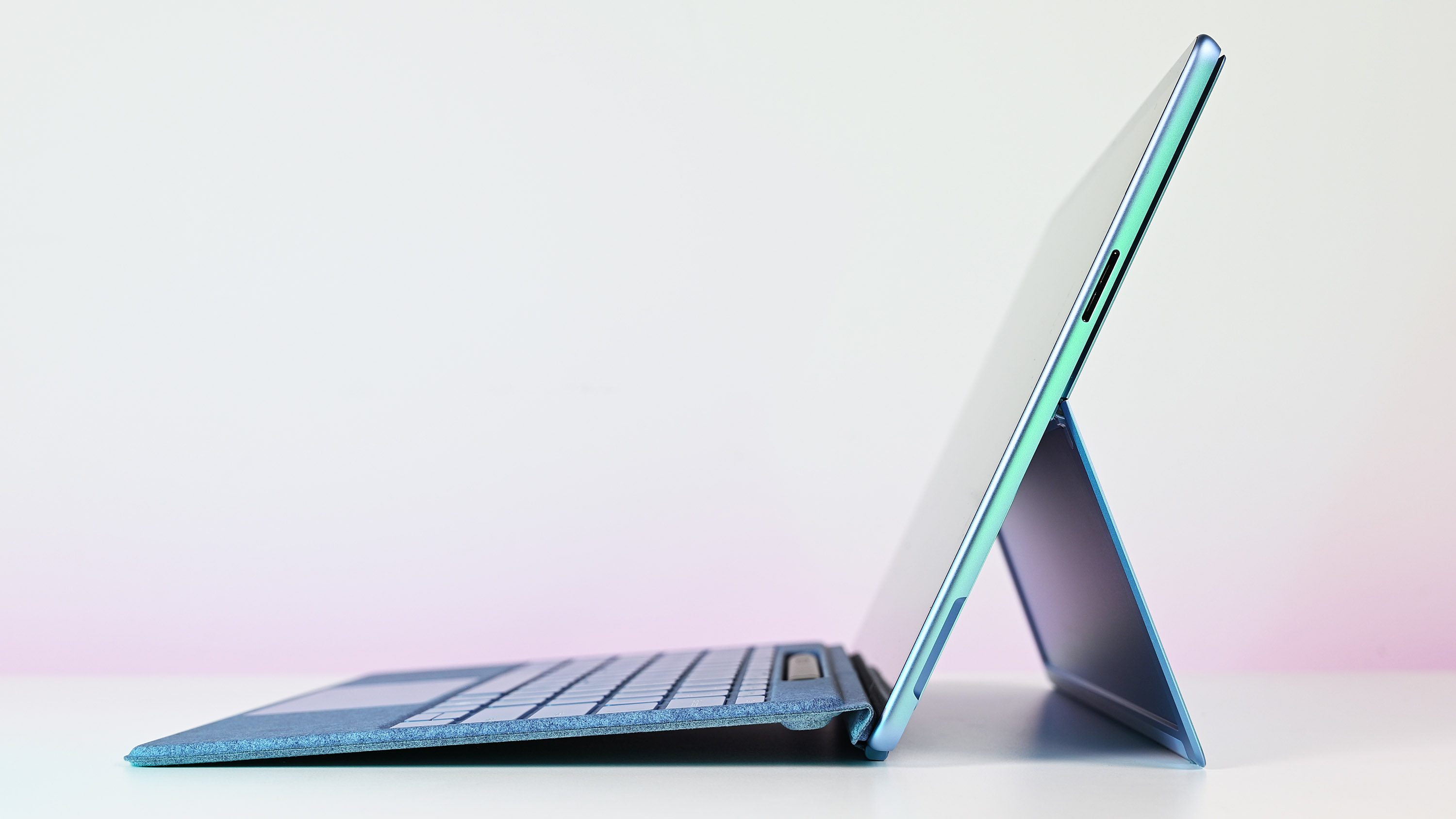
Arm makes money licensing its designs to Qualcomm.
Terminating that relationship could prove to be an example of cutting off one’s nose to spite the face.
But there is a bit of a silver lining to all this.
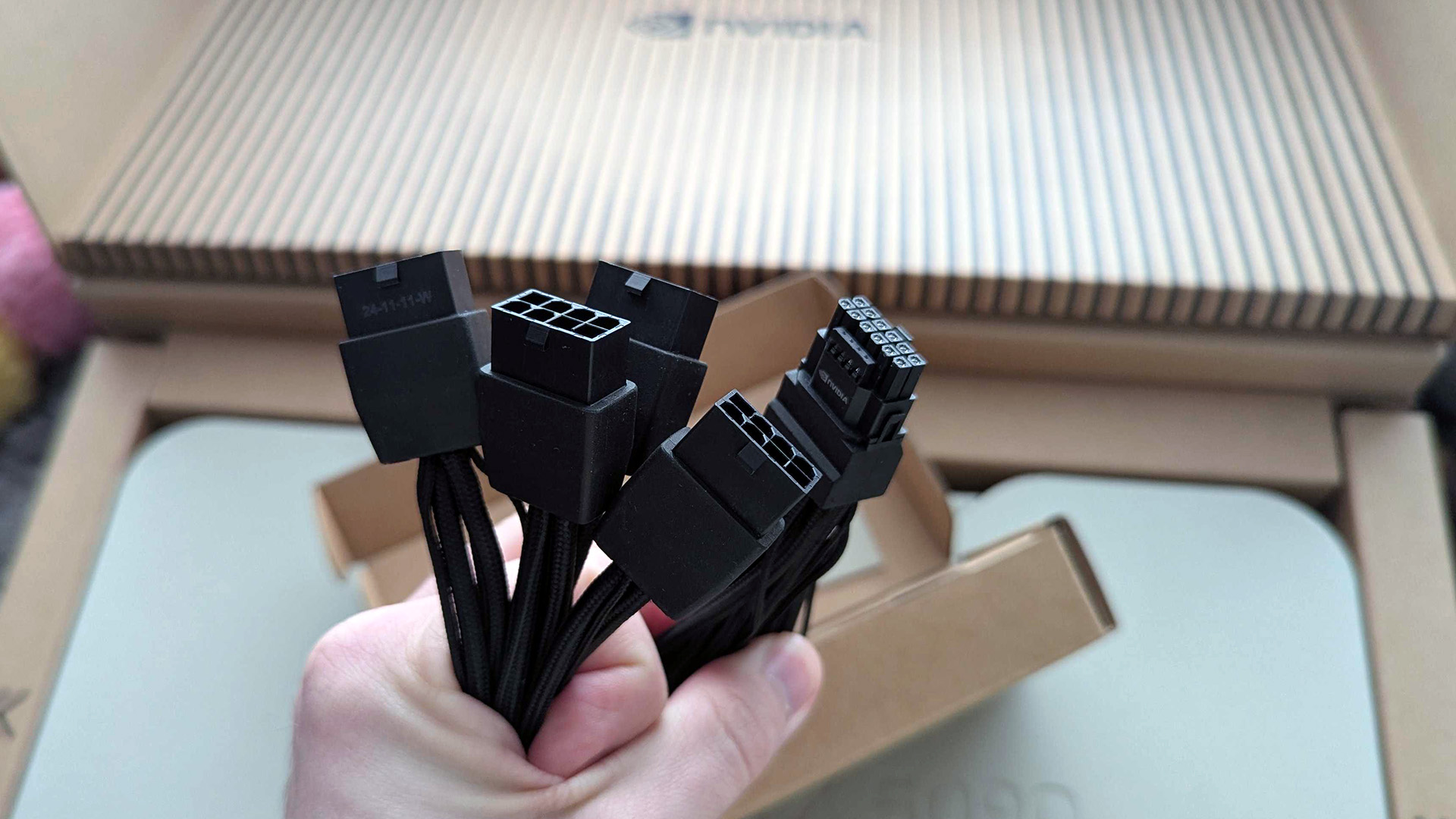
Qualcomm chips reportedly power just 1.5% of all Windows PCs.
Again, that’s not a great start.

